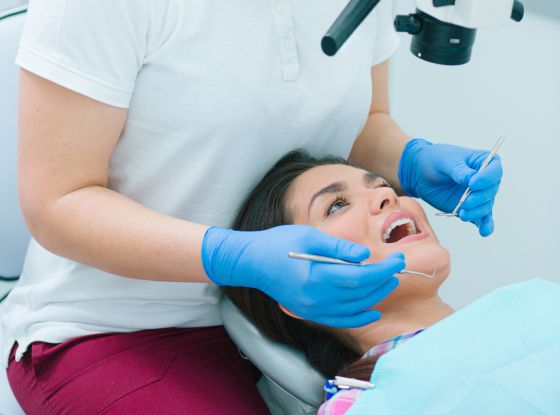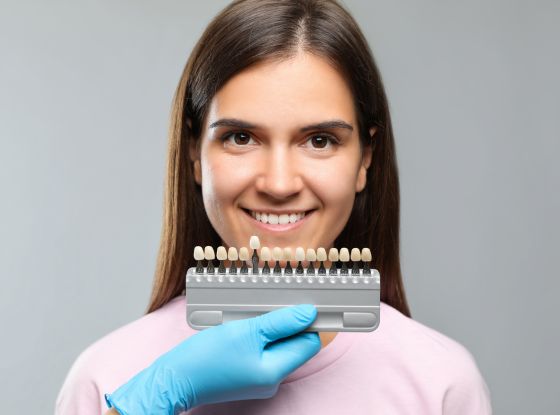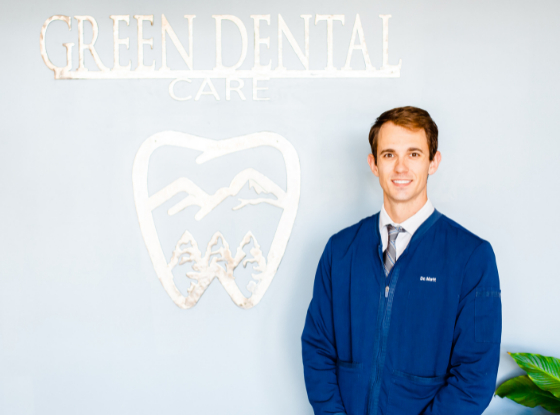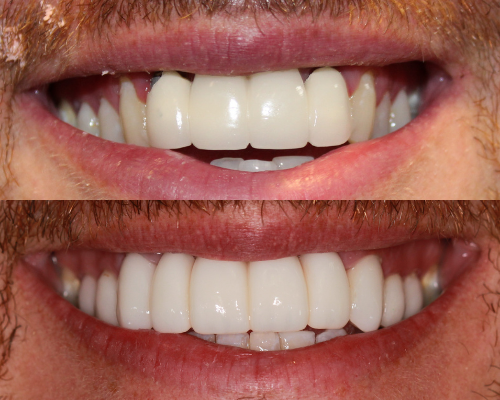Your Guide to Emergency Dental Care
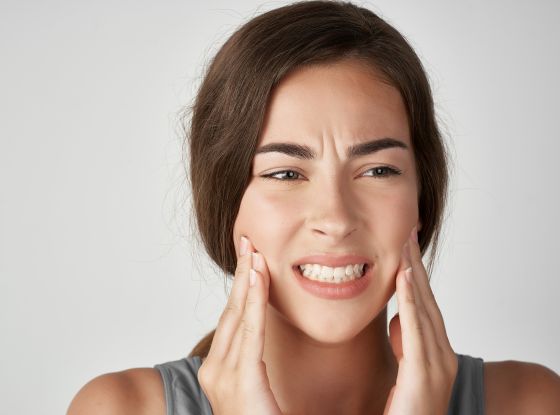
Expert advice for handling dental emergencies and finding immediate care in Parker, CO Adults
Emergencies can strike at any moment, and dental emergencies are no exception. Knowing how to promptly handle dental emergencies like toothaches, knocked-out teeth, or broken dental restorations is crucial for preserving oral health. In Parker, CO, where every minute counts, finding the best dentist to provide immediate care is crucial. Green Dental Care is here to offer expert advice on handling dental emergencies and finding immediate care in Parker, CO.
Recognizing Dental Emergencies
First and foremost, it’s essential to recognize what constitutes a dental emergency. While some issues can wait for a scheduled appointment, others require immediate attention to prevent further damage and alleviate pain. Common dental emergencies include severe toothaches, loose or knocked-out teeth, cracked or broken teeth, lost fillings or crowns, and mouth tissue injuries.
Immediate Steps to Take
In the event of a dental emergency, taking swift action can mitigate the severity of the situation. Here are some immediate steps to take:
Assess the Situation: Evaluate the extent of the injury or pain. If there is bleeding, swelling, or severe discomfort, it’s likely a dental emergency.
Contact Your Dentist: Reach out to your trusted dentist as soon as possible. Green Dental Care in Parker, CO, provides emergency dental services and can offer guidance over the phone.
Manage Pain: Over-the-counter pain relievers can help alleviate discomfort temporarily. Avoid placing aspirin directly on the gums, as it may cause irritation.
Handle Knocked-Out Teeth: If a tooth is knocked out, handle it gently by the crown, rinse with water without scrubbing. Try to reinsert the tooth or keep it moist in milk or saliva until you see your dentist.
Address Soft Tissue Injuries: Clean the injured area with warm water and apply pressure with sterile gauze to stop bleeding.
Finding Immediate Care in Parker, CO
When a dental emergency strikes, having access to immediate care is paramount. In Parker, CO, Green Dental Care stands out as the go-to destination for prompt and compassionate dental services.
Why Choose Green Dental Care?
Experienced Professionals: Led by Dr. Chris Green, a highly skilled dentist with years of experience, the team at Green Dental Care is equipped to handle a wide range of dental emergencies with expertise and precision.
State-of-the-Art Facility: Our modern dental clinic in Parker, CO, ensures your comfort and safety during emergency visits with advanced technology and amenities.
Compassionate Care: We understand the anxiety and pain associated with dental emergencies. Our compassionate team prioritizes patient comfort and strives to provide gentle care in a welcoming environment.
Convenient Hours: Green Dental Care offers extended hours and flexible scheduling to accommodate urgent dental cases because emergencies don’t follow a schedule.
Emergency Services: For any dental emergency, Green Dental Care promptly offers emergency services to address your needs.
Contact Us
Knowing how to effectively handle dental emergencies can greatly preserve your oral health despite their stress and fear-inducing nature. In Parker, CO, Green Dental Care is your trusted partner for emergency dental care, providing expert guidance and immediate services when needed. Remember, when dental emergencies arise, don’t hesitate to reach out to the best dentist in Parker, CO, for prompt and compassionate care. Your smile deserves nothing less than the best.


